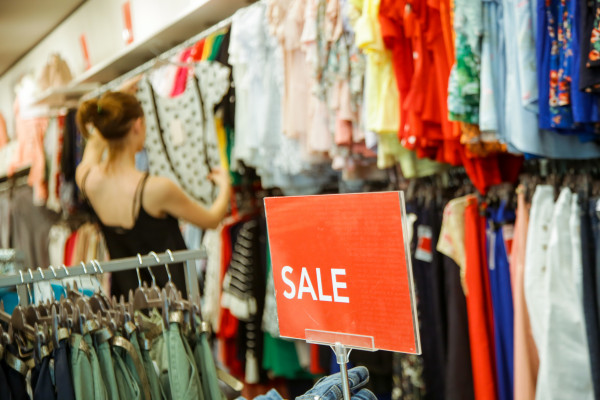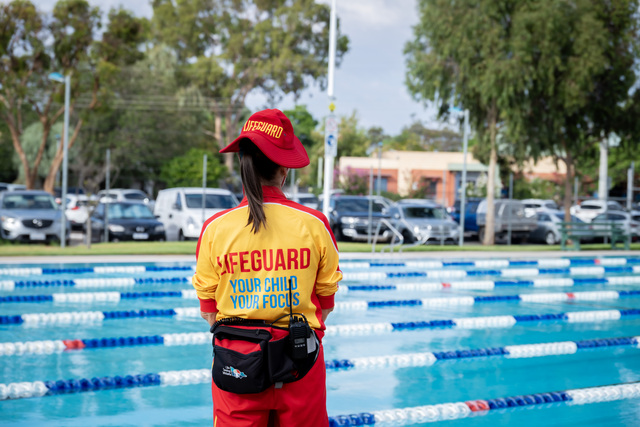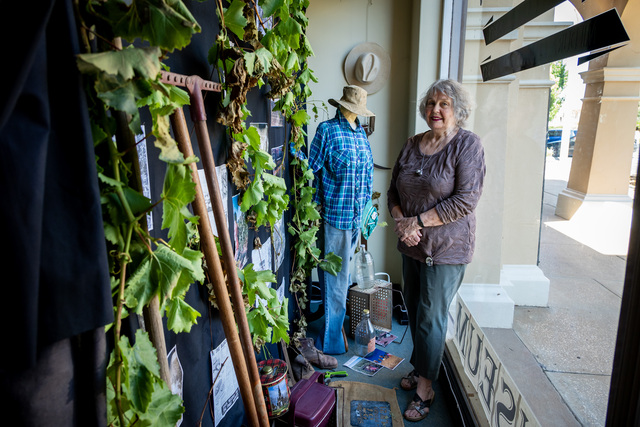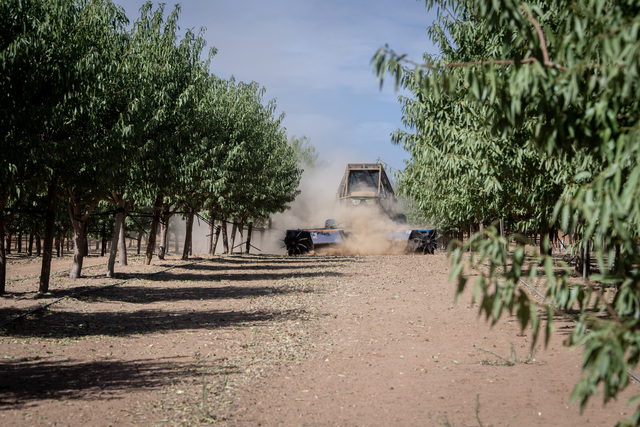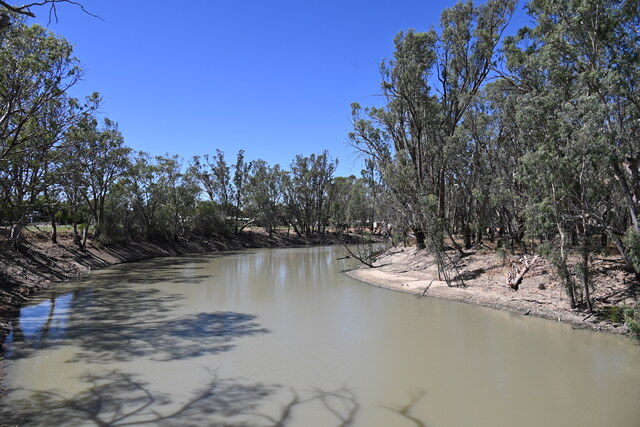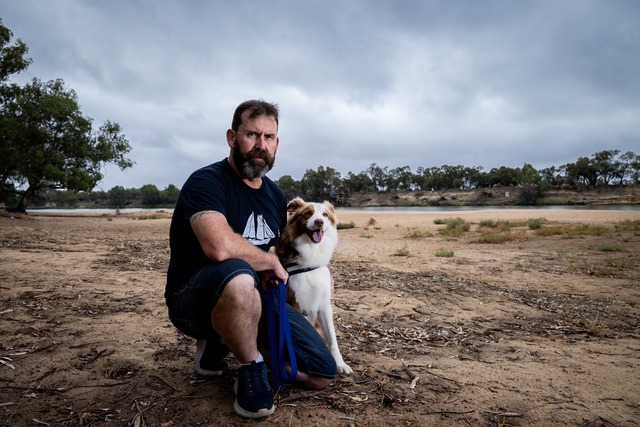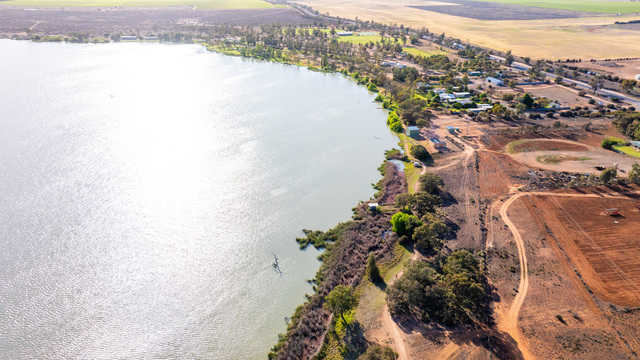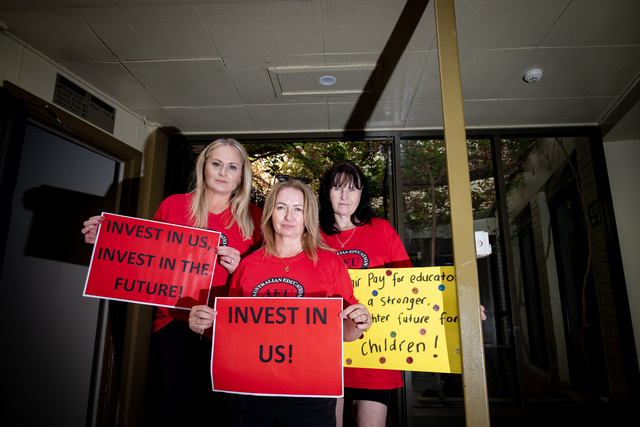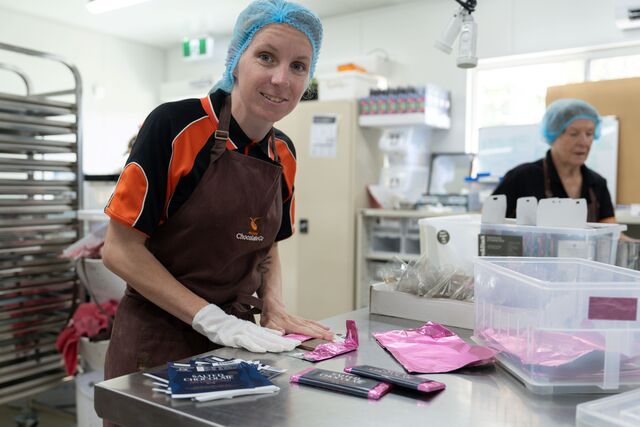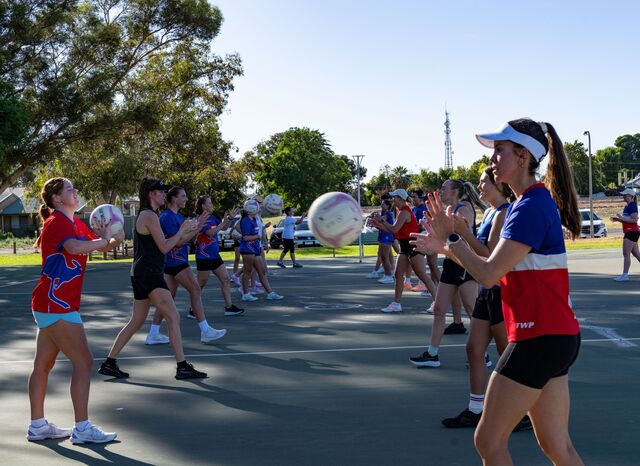KEEPING up with the latest fashion trends these days is almost impossible.
But beyond the cool clothing, fast fashion is causing a major environmental crisis, and the federal Environment Minister wants to try to slow it down.
Tanya Plibersek is considering whether to regulate the fashion sector in an attempt to improve its recycling and reuse efforts, which could include minimum design standards or mandating fashion brands contribute to a green fund for every piece of clothing they make or import and put to market.
“If it’s the fashion industry that makes the profits, then it must be responsible for doing better by the environment,” Ms Plibersek said.
Speaking at an industry event on Wednesday morning, Ms Plibersek said while improved affordability of clothes is a good thing, the global fashion industry had fallen short of expectations.
“Parents shouldn’t have to choose between a new pair of school shoes and paying the electricity bill,” she said.
“But environmental standards are still woeful. So woeful, in fact, that the fashion industry is responsible for 10 per cent of humanity’s carbon emissions – more carbon than international flights and maritime shipping combined.
“Even shifting a small part of this churn of fast fashion – from factory to landfill – has the potential to have a positive impact on the planet.”
According to Clean Up Australia, Australians on average but 56 items of clothing a year, with 210,000 tonnes going to clothing or charity bins, and 200,000 tonnes ending up in landfill.
Tammylee Brooks, owner of Desert and Wolf eco-friendly clothing store in Mildura, said coming from a family of sewers, she wanted to create fashion in a sustainable way.
“Probably five or six years ago, I was reading into the whole fast fashion world, and the waste that was being made out of it was just unreal,” she said.
“So I thought instead of going out and trying to find new clothes or new resources to make clothes, I thought I would utilise and repurpose the resources we already have available.”
Ms Brooks said the cheapness and availability of fast fashion has impacted her business, and she was in favour of Ms Plibersek’s proposed regulations.
“People tend to go for that bargain over spending that little bit more and supporting not only a local creator, but also helping not add to that waste,” she said.
“That levy could be used to put towards more sustainable methods to fashion, which I think is a good thing.
“But I think another huge issue is us consumers – we create the cycle.
“If they are going to levy these fashion brands, they need to then be putting more into the awareness of it and drive people’s thoughts process towards making better choices when it comes to buying clothes.”

